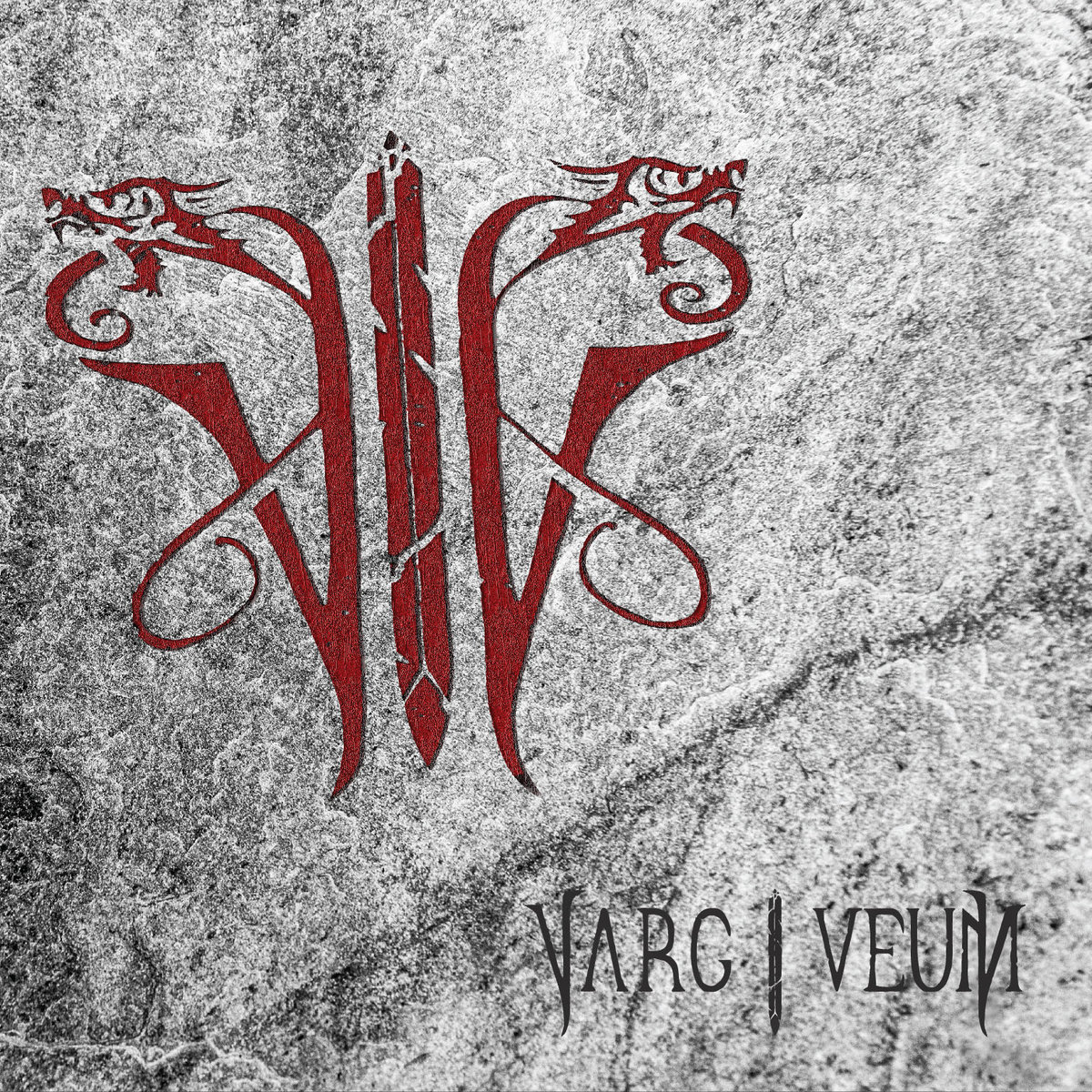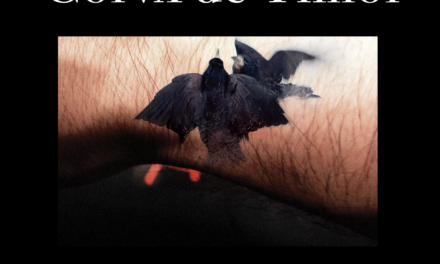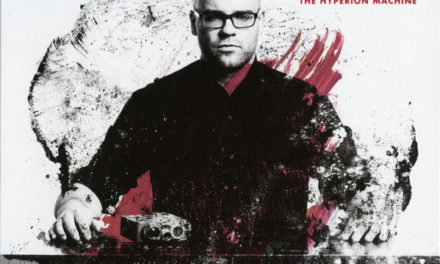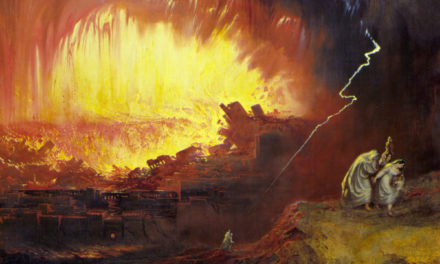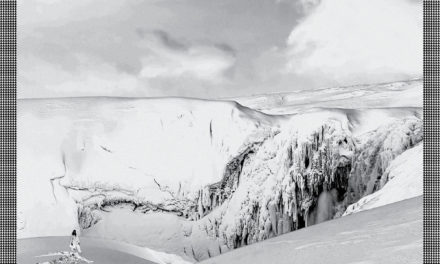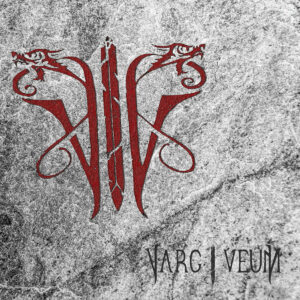
Varg I Veum
self-titled
SwissDarkNights
Where the last half-decade or so has seen electronic darkwave dominated by a distinctly bouncy and dancefloor oriented sound, there is still a significant number of acts plumbing the style’s icier history, especially in Europe where the cross-pollination of cold wave and minimal synth is palpable. Varg I Veum fit nicely into the latter category, and from their homebase of Naples the duo consisting of Alessandra Policella and Michele Mozzillo (ex of Hapax) have put together a solid collection of tracks for their self-titled LP, balancing both DJ-friendly programming, regal vocals, and some excellent textural and thematic ornamentation from their esoteric and historic influences.
While the promo copy for the album is quick to cite medieval folk as a touchstone, you won’t find any period instrumentation or synthetic recreations thereof here. Moreso it’s in the lyrics which are inspired by, and in some cases drawn directly from, the Norse epics where Varg I Veum explore that aspect of their sound. Whether you can detect that in a passing listen to a snappy dancefloor-ready number like “The Dim Glass” with its plucky synth hook and glassy pads, or through the hard snare hits and quantized bass of the melodramatic “Wolfsbane” is arguable – it’s more present in the stoic, deep-voiced delivery favoured by both members when singing. Those moments like the cinematic “Hoarfrost” with its tinkling synths and and deep pulsing bass contrasted against marshal sounding timpani and brassy synth horns do bring a more teutonic energy to the fore, it’s a shading more than a tangible dimension a casual listener will latch onto.
Not that that’s a detriment at all; Varg I Veum know their way around a darkwave tune, and the application of gothic melancholia and vague menace to give it some dimensionality. “The Seafarer” is an excellent example thereof; its forward momentum is brought to bear via effective rhythm programming, while its ominous electronic textures create a mood of impending disaster, never capsizing entirely, but never feeling far from doing so. That the song leads directly into the very pretty closing number “Briars” whose post-punky drum patterns and slightly more gentle vocals are no coincidence; where the former is building you up for disaster, the latter takes that tension and slowly unwinds it with a subtle but easily grasped resignation, smaller but not less catastrophic in its own sad way.
As more trad European electronic darkwave goes, Varg I Veum’s debut is an excellent example of the genre done right. No excessive drama, nor any straying too deeply into atmospheres that overwhelm effective songcraft, it’s an album that shows a deep understanding of its stylistic mother tongue, and the ways in which it can be both physically and emotionally moving by turns.

